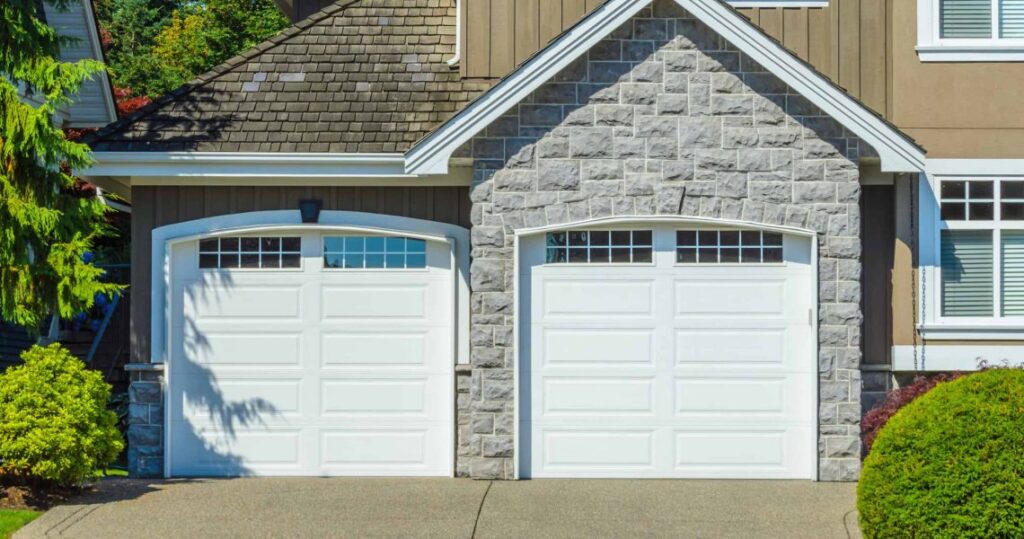Garage Door Repair Parker CO are essential components of modern garage door systems, providing convenience and security for homeowners.

While the lifespan of a garage door opener remote can vary depending on factors such as usage, battery type, and maintenance, understanding the typical lifespan, signs of wear, battery replacement, and maintenance tips can help ensure optimal performance and longevity of your remote.
1. Typical Lifespan of Garage Door Opener Remotes
The lifespan of a garage door opener remote depends on various factors:
- Frequency of Use: The more frequently you use the remote to operate your garage door, the quicker its components, such as buttons and circuitry, may wear out. Heavy usage can lead to shorter lifespan compared to occasional use.
- Battery Life: The type and quality of batteries used in the remote can significantly impact its lifespan. Alkaline batteries typically last longer than cheaper, low-quality batteries. Rechargeable batteries may require more frequent charging but can be cost-effective in the long run.
- Quality of Construction: The build quality of the remote, including the materials used and manufacturing standards, can affect its durability and longevity. Higher-quality remotes with robust construction are likely to last longer than cheaper, flimsy models.
2. Signs of Wear and When to Replace
It’s essential to recognize the signs of wear and deterioration in a garage door opener remote to address issues promptly and avoid inconvenience:
- Button Wear: Excessive wear or damage to the buttons on the remote can affect their responsiveness and reliability. If you notice buttons sticking, not registering presses, or becoming unresponsive, it may be time to replace the remote.
- Battery Life: If the remote requires frequent battery replacements or fails to hold a charge for an extended period, it may indicate issues with battery life or power consumption. Consider replacing the batteries with high-quality replacements or upgrading to a newer remote with more efficient power management.
- Physical Damage: Visible damage to the remote, such as cracks, dents, or water damage, can compromise its structural integrity and functionality. Physical damage may occur due to drops, impacts, or exposure to moisture, necessitating replacement of the remote.
3. Battery Replacement and Maintenance Tips
Proper maintenance and battery replacement can help prolong the lifespan of your garage door opener remote:
- Regular Inspection: Periodically inspect the remote for signs of wear, damage, or corrosion. Clean the contacts and interior of the remote with a dry cloth to remove dirt, dust, or debris that may affect performance.
- Battery Replacement: Replace the batteries in your garage door opener remote as soon as they show signs of depletion or weakness. Follow the manufacturer’s recommendations for battery type, size, and replacement intervals to ensure optimal performance.
- Battery Type: Consider using high-quality, long-lasting batteries such as alkaline or lithium batteries for your garage door opener remote. While they may cost more upfront, they offer better performance and longevity compared to cheaper alternatives.
- Storage: Store spare batteries in a cool, dry place away from direct sunlight and extreme temperatures. Avoid storing batteries in humid or damp environments, as moisture can damage them and reduce their lifespan.
Conclusion:
The lifespan of a garage door opener remote can vary depending on factors such as usage, battery type, and maintenance. By understanding the typical lifespan, signs of wear, battery replacement, and maintenance tips, homeowners can ensure optimal performance and longevity of their garage door opener remotes for years to come. Regular inspection, proper battery replacement, and adherence to maintenance practices can help maximize the lifespan of your remote and ensure reliable operation of your garage door system.
Martin Garage Door
10411 S Parker Rd, Parker, CO 80134, United States
1-303-663-1310
